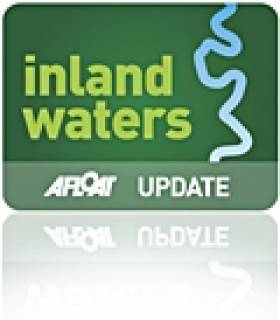Displaying items by tag: Good Energies Alliance Ireland
#Oil&Gas - The public consultation on the first stage of environmental assessment for developing an oil and gas licensing framework in Northern Ireland's inland waters continues till next Friday 14 June.
The 'Scoping Report' was issued on 24 April last by Northern Ireland's Department of Enterprise, Trade and Investment (DETI) and marks the first step of the EU-mandated Strategic Environmental Assessment (SEA) process.
The current consultation seeks comments on the appropriateness of the proposed scope of the SEA and the proposed assessment methodology.
Anti-fracking campaigners Good Energies Alliance Ireland (GEAI) argue that any future oil and gas exploration or extraction in Belfast Lough or Larne Lough would include horizontal drilling and franking.
With one week left to go, GEAI is among those urging the public to have their say in the consultation, citing the 1,300 submissions received by the EPA that the group claims it encouraged on a proposed franking research study.
Northern Ireland has four existing petroleum licences across three main areas of exploration in Antrim, Fermanagh and Derry.
























































